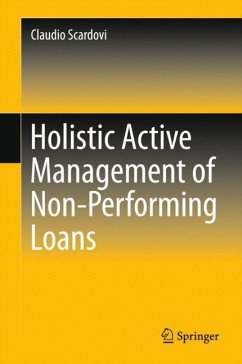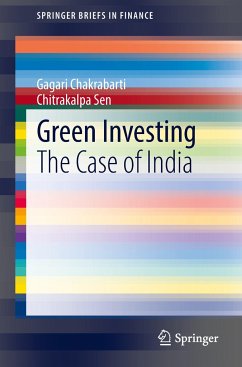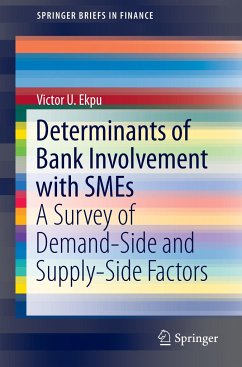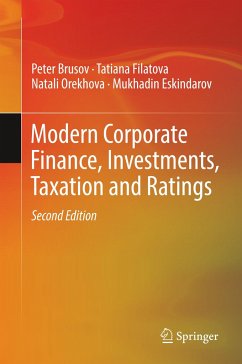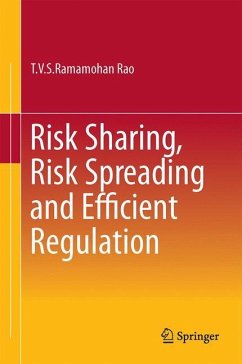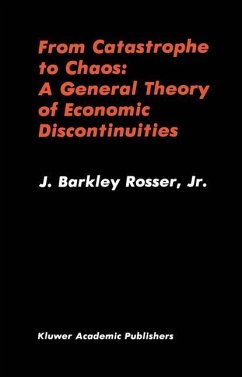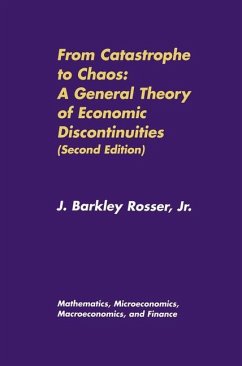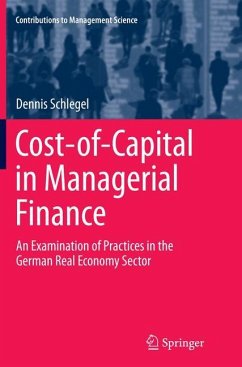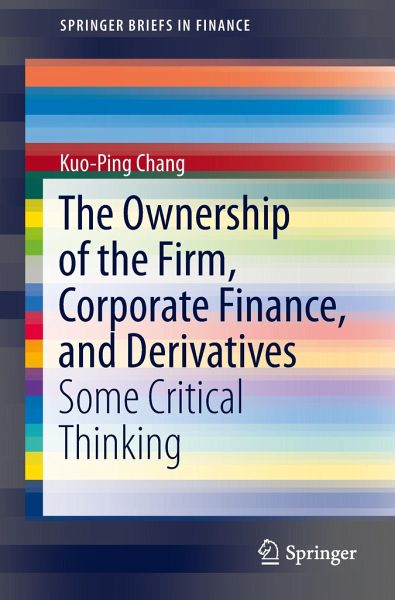
The Ownership of the Firm, Corporate Finance, and Derivatives
Some Critical Thinking

PAYBACK Punkte
19 °P sammeln!
This book clarifies several ambiguous arguments and claims in finance and the theory of the firm. It also serves as a bridge between derivatives, corporate finance and the theory of the firm. In addition to mathematical derivations and theories, the book also uses anecdotes and numerical examples to explain some unconventional concepts. The main arguments of the book are: (1) the ownership of the firm is not a valid concept, and firms' objectives are determined by entrepreneurs who can innovate to earn excess profits; (2) the Modigliani-Miller capital structure irrelevancy proposition is a res...
This book clarifies several ambiguous arguments and claims in finance and the theory of the firm. It also serves as a bridge between derivatives, corporate finance and the theory of the firm. In addition to mathematical derivations and theories, the book also uses anecdotes and numerical examples to explain some unconventional concepts. The main arguments of the book are: (1) the ownership of the firm is not a valid concept, and firms' objectives are determined by entrepreneurs who can innovate to earn excess profits; (2) the Modigliani-Miller capital structure irrelevancy proposition is a restatement of the Coase theorem, and changes in the firm's debt-equity ratio will not affect equity-holders' wealth (welfare), and equity-holders' preferences toward risk (or variance) are irrelevant; (3) all firms' resources are options, and every asset is both a European call and a put option for any other asset; and (4) that a first or residual claim between debt and equity is non-existent while the first claim among fixed-income assets can actually affect the market values of these assets.





